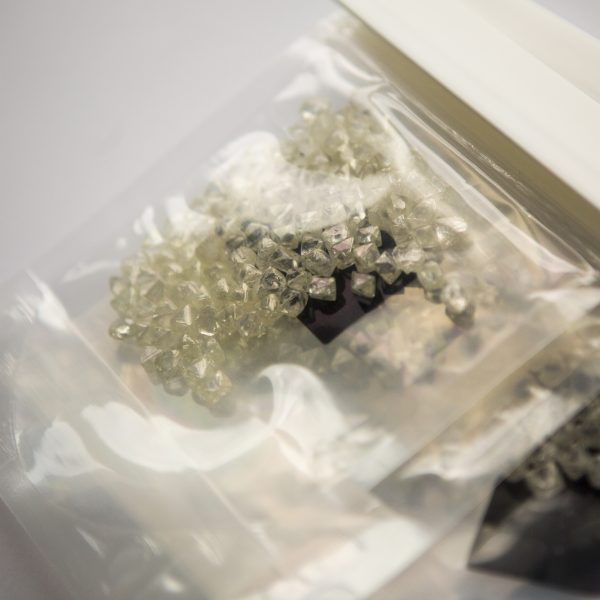
It can be dizzying keeping up with the torrent of announcements coming out of De Beers lately—some touting businesses that would be unthinkable just a few years ago. It’s investing in start-ups. And auctioning polished. It might have figured out carbon-neutral mining. It bought its retail name back.
It all brings to mind another company that’s also been flooding the market with announcements: Amazon.
As The New York Times noted this week, one of the things that distinguishes Amazon is it’s unafraid of failure:
While other companies dread making colossal mistakes, [CEO Jeff] Bezos seems just not to care. Losing millions of dollars for some reason doesn’t sting. Only success counts. That breeds a fiercely experimental culture that is disrupting entertainment, technology and, especially, retail…
There was the Fire phone, for instance, which was touted as being crucial to Amazon’s future. It was one of the biggest bombs since New Coke.
For any other company, this would have been a humiliating experience with severe repercussions. Wall Street did not blink, even when Amazon wrote off $170 million related to the device.
“If you’re going to take bold bets, they’re going to be experiments,” Mr. Bezos explained. “And if they’re experiments, you don’t know ahead of time if they’re going to work.”
Bezos further noted that a few big successes can make up for a lot of failures. Among Amazon’s gambles that paid off: Prime, the Kindle, and its web services. Even the Fire phone eventually begat the Echo.
Now, De Beers doesn’t have anywhere near that success rate. It’s not clear whether any of its growing suite of side businesses—from its lab to its buy-back service to Forevermark to its retail chain—are profitable. Some don’t even seem that successful. De Beers still makes the overwhelming majority of its money from diamond mining, as it always has. That provides a cushion should these new initiatives fail.
In its rush to stick its finger in so many pies, at times De Beers sometimes appears a little greedy, as does Amazon. Moreover, it could learn from the e-tail giant’s customer-centric strategy, starting with its own clients. (Though, lately, that seems to have improved.)
Some of the concepts behind these new businesses are worthwhile; others seem flawed. Yet by being so unafraid of failure, De Beers raises its odds of launching a success. It’s hard to believe, but century-old De Beers has turned into a bold and innovative company.
(Image courtesy of De Beers)
Follow JCK on Instagram: @jckmagazineFollow JCK on Twitter: @jckmagazine
Follow JCK on Facebook: @jckmagazine